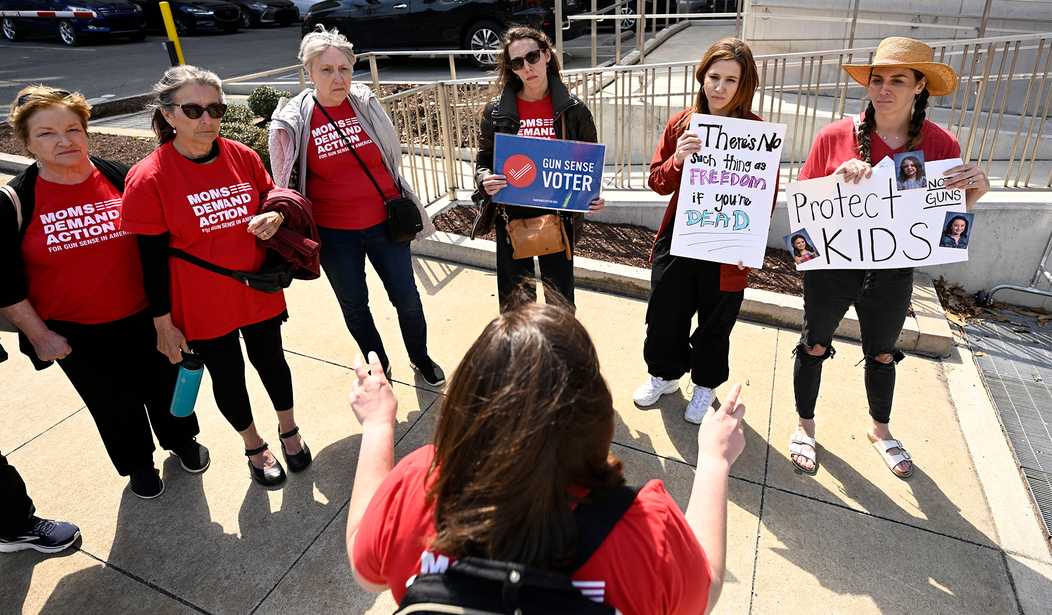It has been 125 days since Audrey Hale walked into The Covenant School in Nashville, Tennessee with a rifle and proceeded to murder six people, including three small children. Shortly after the news broke about the school shooting, it was revealed that not only did the shooter identify as a transgender man, she had also written a manifesto that might point to her motive for carrying out the shooting.
As of this writing, authorities have yet to release the manifesto to the public, despite it being common practice to do so. The gunman who killed 23 people at a Texas Walmart published a racism-fueled rant on the internet. The Virginia Tech shooter’s manifesto was sent to, and published by NBC News. Many have speculated as to the reasons for keeping the document under wraps. Some suggest that it is an attempt to cover for the fact that this shooter was a female who identified as male instead of a straight white male.
Another element in this equation is the parents of the shooter and victims, along with other members of the community. They are also trying to stop the release of Hale’s writings, arguing that they should have the authority to block the release of public records of this nature. However, not everyone agrees with this assessment—including Deborah Fisher, an open-government expert who spoke to the NY Post:
Tennessee’s victims’ rights statute does not give individuals a “carte blanche” to veto other laws, such as the one that allows people the right to public records, said Deborah Fisher, executive director of the Tennessee Coalition for Open Government.
“There’s nothing really to indicate that there would be this ability for victims to veto the release of otherwise public records and in, and in this case, crime records,” Fisher said Thursday.
Fisher is not a party in the ongoing litigation over whether Hale’s writings — previously described as a “manifesto” — should be released.
Fisher noted that this case is different because Hale is deceased, but if she had lived, “the writings of the shooter would be part of the evidence in the case about motivation.” She continued:
“I don’t think that in that situation, the victims could veto those being submitted in a public trial, and I don’t think that they can veto them being released as crime evidence in a case that doesn’t go to trial because the person is dead.”
The first issue that stands out is the notion that a community’s wishes could override the public’s right to know what happened in this shooting. It might sound callous at first glance. After all, who isn’t feeling for the families of the victims? However, as the saying goes: “Hard cases make bad law.” The public should be allowed to know as many facts about what led to this atrocity as possible – especially those who could potentially be affected by future tragedies such as these.
It’s also worth noting that if Hale’s manifesto is allowed to be suppressed, it could set the stage for the same to happen in future such cases. This would mean that the public remains unaware of the factors that lead to other mass shootings. The reality is that people have a right know as much information as possible about issues that affect their communities.
On top of all of this, if the government is allowed to hide information in cases like these, what is to stop them from doing so with other types of crimes? Sure, it might be easy to assume that local authorities would only limit this type of secrecy to egregious crimes like mass shootings. But those in the know understand that governments typically despise transparency. Who is to say they wouldn’t use this to conceal other details that are important to the public in other cases?
Ultimately, it’s likely that the authorities will release the manifesto. Even folks on the left might be forced to support such a move. Yes, it would certainly shed light on Hale’s mental health issues as someone suffering from gender dysphoria. It is very much possible that it would contain details that could be used to disprove progressive ideas about gender identity.
However, what does the left typically do when there is a school shooting? They use it to push for gun control and to demonize straight white males, who are disproportionately represented in school shootings. How many times have you heard these people go on and on about white supremacy even if it had nothing to do with the shooting in question? Should we assume they would risk giving this talking point up by letting the families of the victims and the perpetrators keep their motives concealed? Of course not. But in the end, it will be up to Nashville authorities to determine how this plays out going forward.













